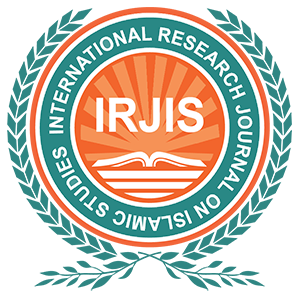Abstract:
Sustainable development has become an issue of great debate and concern in the present era. Today, mankind is facing plenty of ecological issues globally and natural resources are endangered. Several experts, professionals, and scientists are continuously struggling to find ways for ecological preservation and resources development. The ever-increasing needs of mankind have proved to be a threat as resources are finite. To handle this threat and solve the issues, many enthusiastic scientists and scholars are showing interest in religious instructions about natural resources management for sustainable development. This research paper will try to highlight solutions to these issues and environmental threats in the light of revealed injunctions of the Quran and Hadiths. According to the Quran, man is responsible for the proper use and protection of natural resources provided by Almighty Allah. The notion of sustainable development seems to be modern but its Islamic sequel is ancient, as Islam has integrated sustainable development in the Islamic resources management system. The objective of this paper is to highlight Islamic teachings related to natural resources management for sustainable development such as water, wood, and animals, etc. It will also analyze some of the modern environmental preservation principles such as the “3R principle” and “Common but differentiated responsibility” from an Islamic perspective. At the end of the article, recommendations will be given for ecological and resources preservation that will ultimately result in sustainable development.
Keywords: Islam, Sustainable Development, Management, Water, Woods, Natural resources

